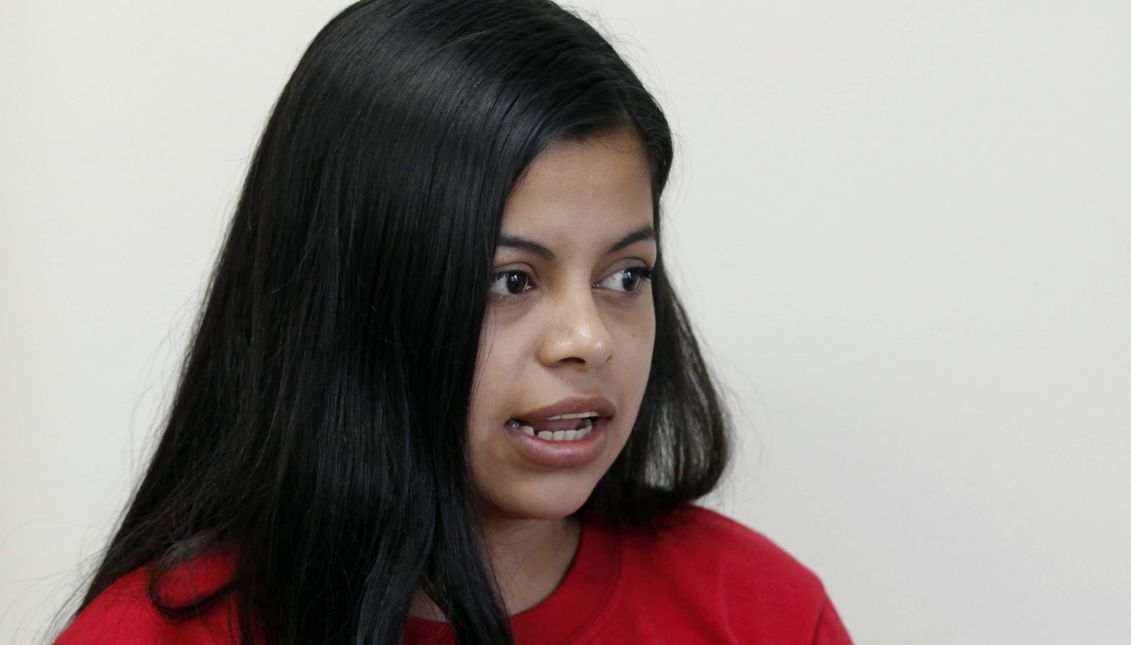
17-year-old Nicaraguan activist: "We want all our rights to be respected"
"Yes, it's scary," said Nicaragua's Anielka Martinez, the child ambassador for Save the Children, commenting on the results of this year's report by the NGO saying that 700 million children are being denied the chance to have the childhoods they deserve because "it's a reality" and lamenting the fact that "adults don't pay attention."
Since the age of 10, Anielka has been collaborating with Save the Children in her hometown of Matagalpa, Nicaragua, and now - at age 17, she is taking on the task "of being the voice of all the children of Latin America" to demand that "they don't steal (our) dreams" and that children stop being victims "of violence, people trafficking, forced marriages and mistreatment."
In an interview with EFE the day before the presentation of the organization's 2017 global report on children entitled "Stolen Childhoods," Anielka said that "adults don't pay attention ... (and) they don't involve themselves," they think "that because that's not happening to them, or it doesn't happen in their country, (those problems are) not important."
"We have to be guaranteed a better education, participation and spaces where we can express ourselves and raise our voices to defend our rights," said the ambassador for Latin American and Caribbean children, who on Thursday will participate in the presentation of the NGO's annual report.
Anielka said that in her country "violence has been reduced a lot, but there are many things left to do."
Regarding the rest of Latin America, she said that "the lack of security is a problem for the whole region, all governments are still not (fighting it)."
She said that she is combining her work with the NGO with her first-year college sociology studies.
CONTENIDO RELACIONADO
"I'm participating in the consultative groups that Save the Children Nicaragua has, I'm doing workshops with teens, I'm the host of lectures and I go to schools ... and I like sharing with others ... about issues of great importance that are happening to us. All this has been a great experience," she said.
As children, "we want all our rights to be fulfilled, with all our rights respected, we can do everything we want, have a better life, we can dream," she said.
Last year, she spoke to the lawmakers of the Central American Parliament about the problems facing children in the region "and that whole experience, that knowledge is what has led me to be chosen as the Save the Children ambassador."
The report presents an index of the dangers facing children, reflecting the average level of indicators related to health, education, work, motherhood, births and violence against children.
The report compiles data from 172 countries and divides them into three groups - 37 nations where "few" children are being denied proper childhoods (headed by Norway), 74 nations where "some" children are having the same experience (including Costa Rica, Panama and Nicaragua) and another group where "many" children are doing so, including El Salvador, Honduras and Guatemala.










DEJE UN COMENTARIO: